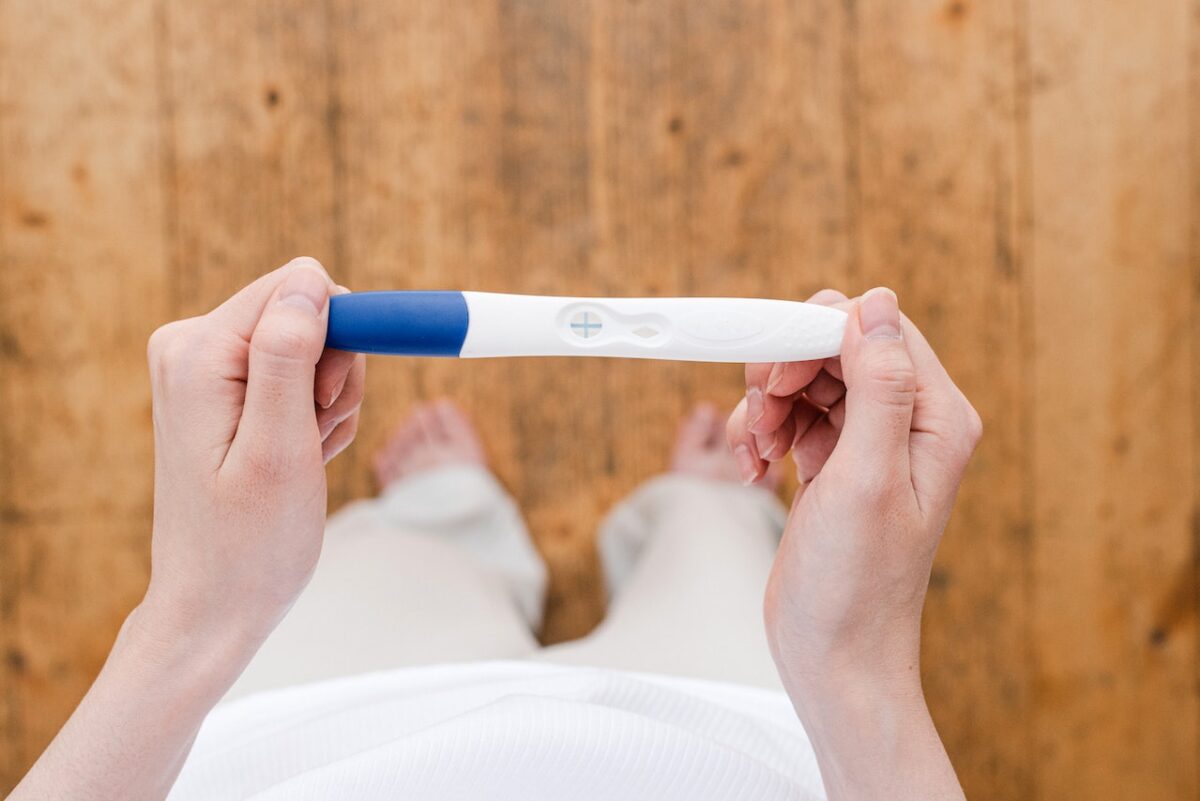Drug test kits have become increasingly popular to quickly and easily test for drug use in recent years. They are simple to use, affordable, and can be done in the privacy of your own home. However, it’s essential to understand the accuracy and limitations of drug test kits before deciding to use them. Different drug test kits are available, including urine, saliva, and hair tests. The accuracy of these tests can vary and is dependent on several factors. In this blog post, we’ll explore the accuracy and limitations of drug test kits to help you make an informed decision.
Types of Drug Test Kits
Various types of drug test kits are available on the market, including urine, saliva, and hair tests. Each kit works differently and has different factors that can affect its accuracy. For example, urine tests are the most commonly used because they are relatively easy to use and inexpensive. However, they can be less accurate than other types of drug tests, particularly if you do not follow the instructions correctly.
Accuracy of Drug Test Kits
The accuracy of drug test kits can be affected by several variables, including the type of test, the drugs being tested for, and the quality of the kit. In general, urine tests are the most common type of drug test kit and are considered relatively accurate. However, they can produce false positives or false negatives under certain circumstances.
Saliva tests are also becoming more popular. They are less invasive than urine tests and detect recent drug use. However, they are generally less accurate than urine tests and may produce more false negatives.
Hair tests are the least common type of drug test kit. They are more expensive, but they can detect drug use over a more extended period. They are also considered very accurate, but they can produce false positives if the person being tested has been exposed to drugs second-hand.
Factors That Affect The Accuracy of Drug Test Kits
The accuracy of drug tests can be influenced by several factors, including the presence of other substances in the body, a person’s metabolism, and the amount of time since they consumed drugs. For example, THC in marijuana can remain in a person’s system for several days or weeks after use. If a person uses marijuana frequently, it may take longer for the drug to clear their system, potentially resulting in a positive drug test result.
Limitations of Drug Test Kits
While drug test kits can be useful, they also have limitations you should be aware of. One of the biggest limitations of drug test kits is that they can only detect the presence of drugs in the body, not the amount of drugs or how recently they were used. This means that a person who used drugs several days ago may still test positive, while someone who used drugs more recently may test negative.
Another limitation is that drug test kits can only detect a limited number of drugs. They typically test for the most commonly used drugs, such as marijuana, cocaine, and opioids, but may not detect less common drugs or new designer drugs.
Finally, drug test kits can be prone to user error. It’s important to carefully follow the instructions provided with the kit to ensure accurate results. Improper use of the kit can result in false positives or false negatives.
Conclusion
Drug test kits can be a valuable tool for detecting the presence of illicit substances in the body. However, it is crucial to understand their limitations and factors affecting their accuracy. False positives and negatives are possible; drug test kits cannot detect multiple substances or determine the quantity of drugs present. If you are concerned about drug use or need guidance on interpreting drug test results, it is essential to consult a medical professional.

